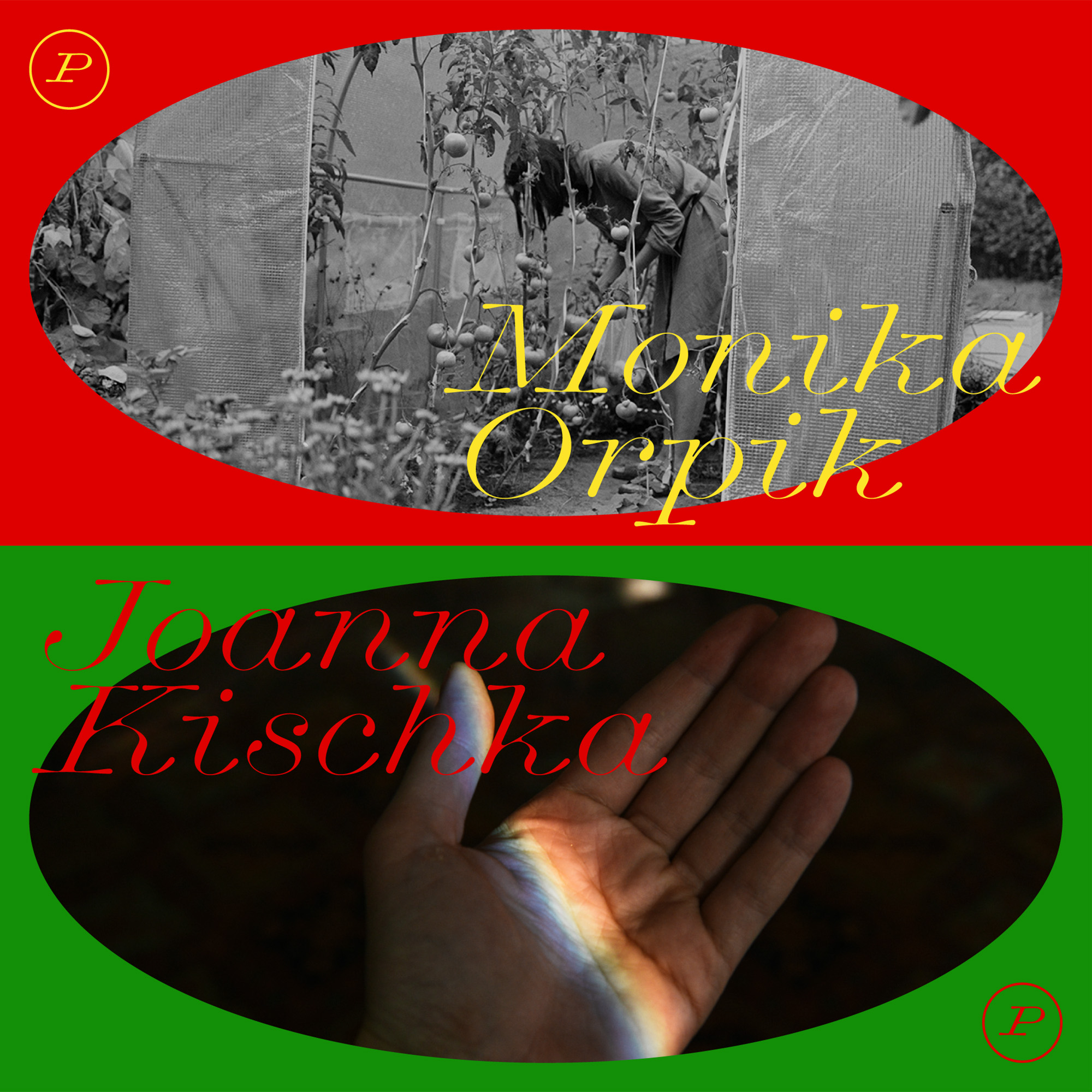2024 artists announced

We are delighted to present the ‚Passage‘ 2024 residency artists Joanna Kischka and Monika Orpik. Joanna Kischka will be awarded the residency together with her child. Both artists will live and work four weeks in the Dübener Heide in June 2024.
Joanna Kischka emigrated at the age of five with her family from Poland to the Ruhr area in Germany. She studied photography at the Folkwang University and the Mimar Sinaan Universitesi Istanbul and Media & Cultural Studies at Heinrich Heine University in Düsseldorf. Joanna was the first in her family to attend a university. The “in-between”, not only transculturally, but also transdisciplinary, characterises her way of working. Thus she combines artistic practice with scientific research methods, such as field research and interview techniques. Visually she mostly uses a documentary style, but also works with videos, collages and interventions. Joanna is interested in topics such as: migration & national identity, right-wing conservatism, collective memory & private image archives as well as the intersection and quality of communication between humans and technical devices. Her work has been exhibited throughout Europe and is represented in private and municipal collections. Currently, in addition to her artistic work, she mainly takes care of her three-year-old child.
www.joannakischka.com
Instagram: joanna_kischka
Monika Orpik is a multimedia artist born in Poland. Monika holds a BA in Photography from London College of Communication and is currently pursuing an MA in Photography at Hamburg’s Hochschule für bildende Künste. Monika is interested in stories often omitted from mainstream historical records and the misuse of classification processes that impacts the narrative gaps. Her practice explores the medium of photography, writing, film and sound, and has been exhibited across Europe and the UK. She lives and works in Hamburg.
Her work ‚Stepping Out Into This Almost Empty Road‘ (published by Ośrodek Postaw Twórczych (OPT) in 2022) looks at the moment of change when the most idyllic scenario becomes a horror of a political regime. From picking apples in the orchard to tear gas on the street. The book combines photographic material and texts that revolve around the permanent in-between state that is inseparable from the notion of migration. What happens when you’re forced to leave something behind and start anew elsewhere? What tools do you use to visualise the loss and the absence? How do you build your identity when the dialect you speak is rejected as a language? Despite being focused on stories of a specific community, the book makes visible what is universal in the context of transition.
www.monikaorpik.com
Instagram: monika.orpik
Published: 05th March 2024







